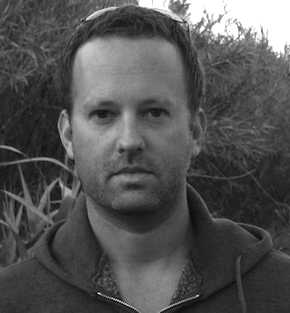
AS THE NAME IMPLIES, Ada Lovelace Day (ALD) is a day dedicated to Ada Lovelace. Just as importantly, it’s a day for celebrating the women working in, interested in, enthralled by, or simply excited to learn more about the global world of science, technology, engineering, and math (STEM). Through entertainment, comedy, world-class speakers and education, the events surrounding this festive day — while often playful and enlightening — have the ultimate goal of getting more women into the STEM fields, as well as raising the profiles of successful women who are pushing the frontiers of science and human understanding forward.
The celebrations take place every year, on the second Tuesday of October. The main event, the Ada Lovelace Day Live “Science Cabaret,” is held in London. And while that’s one party anyone interested the sciences — and the past, continued, and future roles of women in the STEM disciplines — should attend, if you can’t make it to London for the celebrations and incredible guest speakers, don’t fret. Plenty of independently organized Ada Lovelace Day events are going to pop up around the planet in more than 20 countries, from Paderborn (Germany) and New Orleans to Manhattan, Ljubljana (Slovenia), Hong Kong, Tunisia, and more.
Some of the topics and activities planned — depending on what part of Mother Earth we’re talking about here — include talks on Privacy in the Age of Surveillance, Women in STEM, a Hackathon for Diversity (taking place in Spain), Women in Computer History, various breakfasts, biscuits and other foodie events (like Cake for Ada in Norway), as well as computed coding seminars and programming competitions.
Here’s a Lovelace primer, just in case you’re not entirely in the know. Ada Lovelace was born Ada Byron, daughter of Anne Milbanke, and the Romantic poet Lord Byron, a man famed for his excess in life, and love affairs — with men, women, and perhaps even his own half-sister. As Ada’s mother had no desire for her daughter to turn out like her father, Ada was immersed in math and music tutelage, to counteract the potential whimsical tendencies she may have inherited from her father. The plan worked, turning Ada into a formidable mathematician and problem solver.
The name Lovelace came from her marriage to William King, who later became the Earl of Lovelace, which made Ada the Countess of Lovelace. Ada’s friendship and scientific collaborations with Charles Babbage led to the trial developments of the first mechanical computer, known as the Analytical Engine. Babbage affectionately labeled his engineering partner “The Enchantress of Numbers.”
Although the Analytical Engine was never completed, Lovelace’s notes for the engine were actually computer algorithms — the first of their kind — making her, in many ways, the mother of modern-day computing. More simply put, Ada Lovelace, by using her analytical prowess, became the world’s first computer programmer.
Is it any wonder that Ada Lovelace should now be the focal point of an international day celebrating women in STEM? While her life was abbreviated by illness (she died in her mid-thirties from uterine cancer), her mathematical and computing legacy continues to inspire a planet’s worth of future scientists — and their impending discoveries.
To find out if there will be an Ada Lovelace Day event near you, and to learn more about breakthroughs in science and the roles women scientists play in them, check out the event’s website.
















